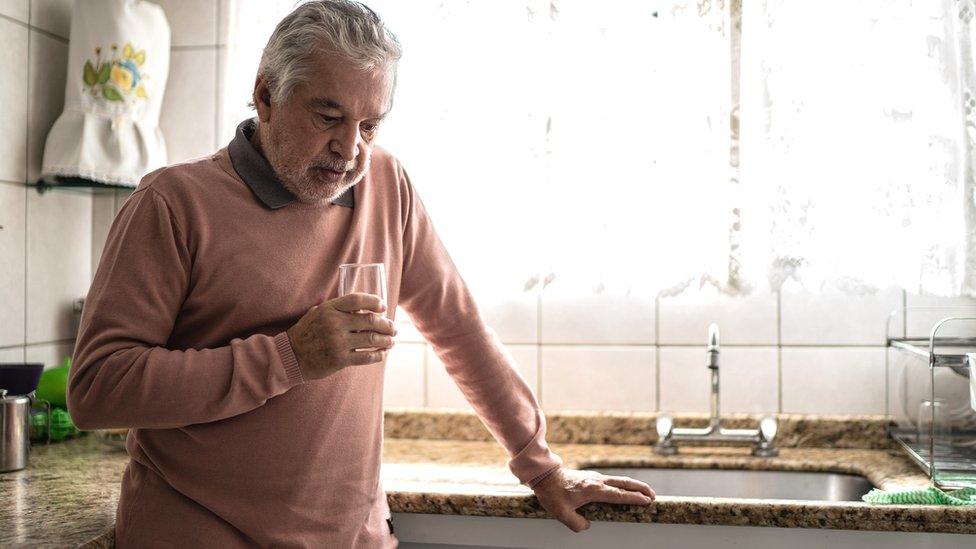'If my lifeline is cut, it will be devastating'
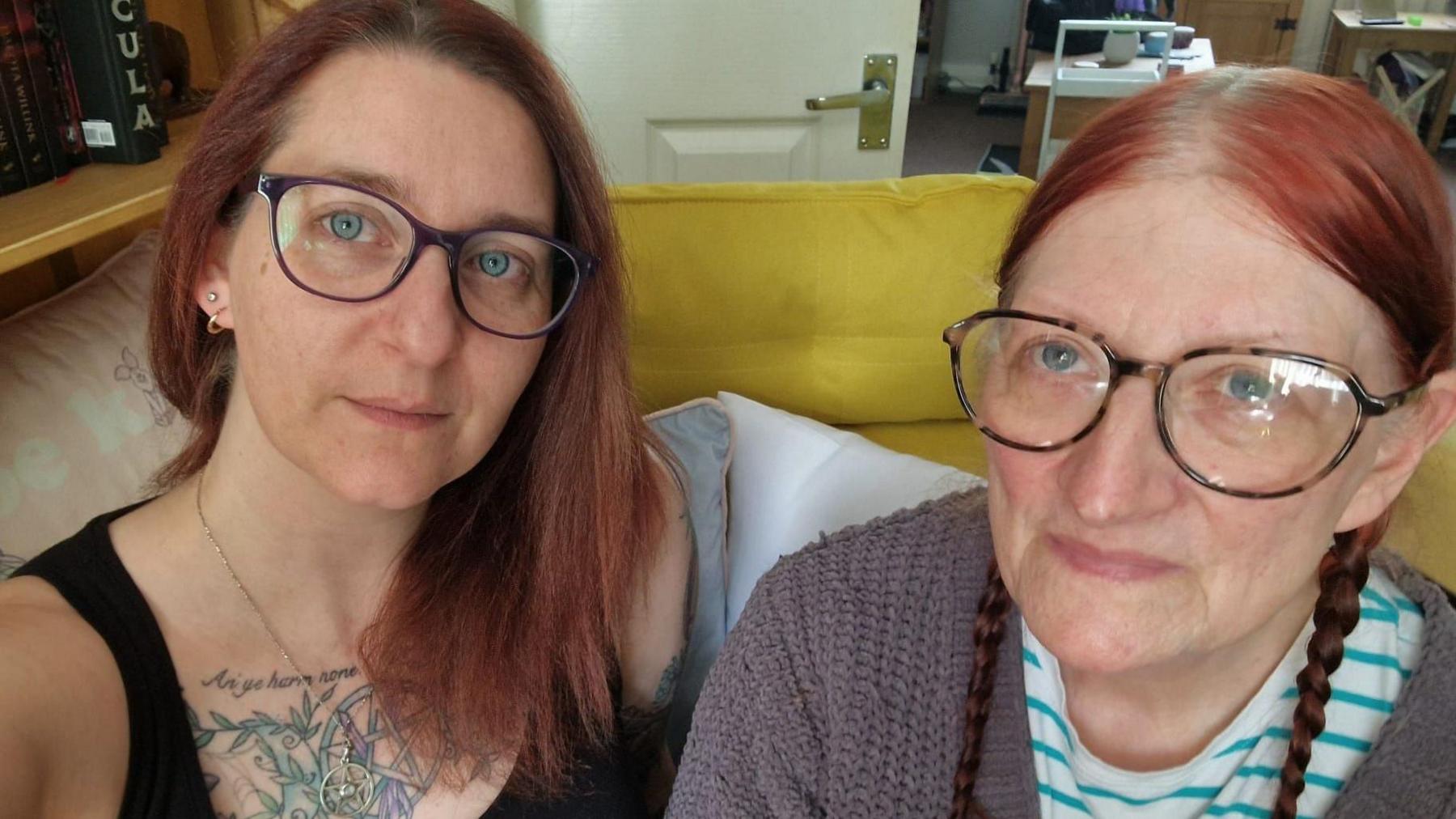
Catie Latus (left) lives in Sheffield with her mother, Karen (right), who is also her carer
- Published
At least 3.3 million people in Britain who have long-term disabilities or ill health currently receive what are known as personal independence payments (PIP) to help them with the extra living costs caused by their conditions.
But, with government spending on PIP expected to rise 52% to £32.8bn by 2027-28, several of the main political parties have suggested that if they win the general election on 4 July, they could make major changes to the system.
As the BBC has been finding out, recipients in Sheffield say question marks over the post-election future of PIP are already causing them serious concern - even before the polling stations open.
'Lifeline for people'
Catie Latus, 37, who suffers from a number of long-term health conditions, is one of those who is worried.
She has fibromyalgia - which causes pain throughout her body - as well as chronic fatigue syndrome, insomnia, migraines and postural tachycardia syndrome, which can trigger sudden fainting.
Catie, who is not able to do a full-time job, receives a PIP of just over £400 a month and describes it as a "lifeline for people".
It allows her and others "to do more and basically have some form of a life", she says.
Catie explains that even now she does not get out much and, when she does, she knows it has to be “really worth it”.
She loves to go to comedy gigs and comic book conventions, but they come at a price.
“It has an extreme knock-on effect on my physical health. It drains me and my pain levels go through the roof," Catie says.
Massages provide some relief to Catie’s pain, but are not available on the NHS.
Socialising with friends also helps to take her mind off her symptoms, but even that carries a financial cost.
Due to her mobility problems, Catie uses taxis to get around. A trip to see her best friend, who lives on the opposite side of Sheffield, means a return fare of about £30.
“If it wasn't for my PIP, I literally wouldn't be able to do anything," she says.

However, suggestions from some of the main parties that changes to the benefits system, including PIP, are on the horizon after the election have raised the alarm.
Benefit reforms to cut spending on PIP have, for instance, been proposed by the Conservatives, while Labour has said “big changes” are needed to the welfare system.
Meanwhile, Reform UK has said it will introduce "critical" reforms of the "broken" benefits system.
But the Lib Dems have said they would reform PIP assessments to make the process "more transparent", and the Green Party has pledged to stop "unfair" tests required for PIP.
Catie says she is worried by the possibility of changes to the system.
"If that lifeline is cut off, it's going to be devastating in so many ways," she says.
'Fearful position'
These concerns are shared by Catie's mother, Karen, 67, who shares a flat in Hillsborough with her daughter and who is her main carer, doing the cooking and shopping.
Karen is not entitled to Carer’s Allowance because she claims her state pension.
She says they "get along nicely" and "both know we're better off together", but Karen says she worries about her daughter's future.
“What happens when I’m not here anymore?" she asks.
“Sometimes she just doesn’t eat because she’s too tired as she hasn’t been able to sleep.”
Karen adds that some people with disabilities are in “a fearful position” at the prospect of being told, as she puts it, “no, you’re not entitled to money anymore”.
“People are absolutely frightened to death and, of course, that’s making them worse,” she adds.
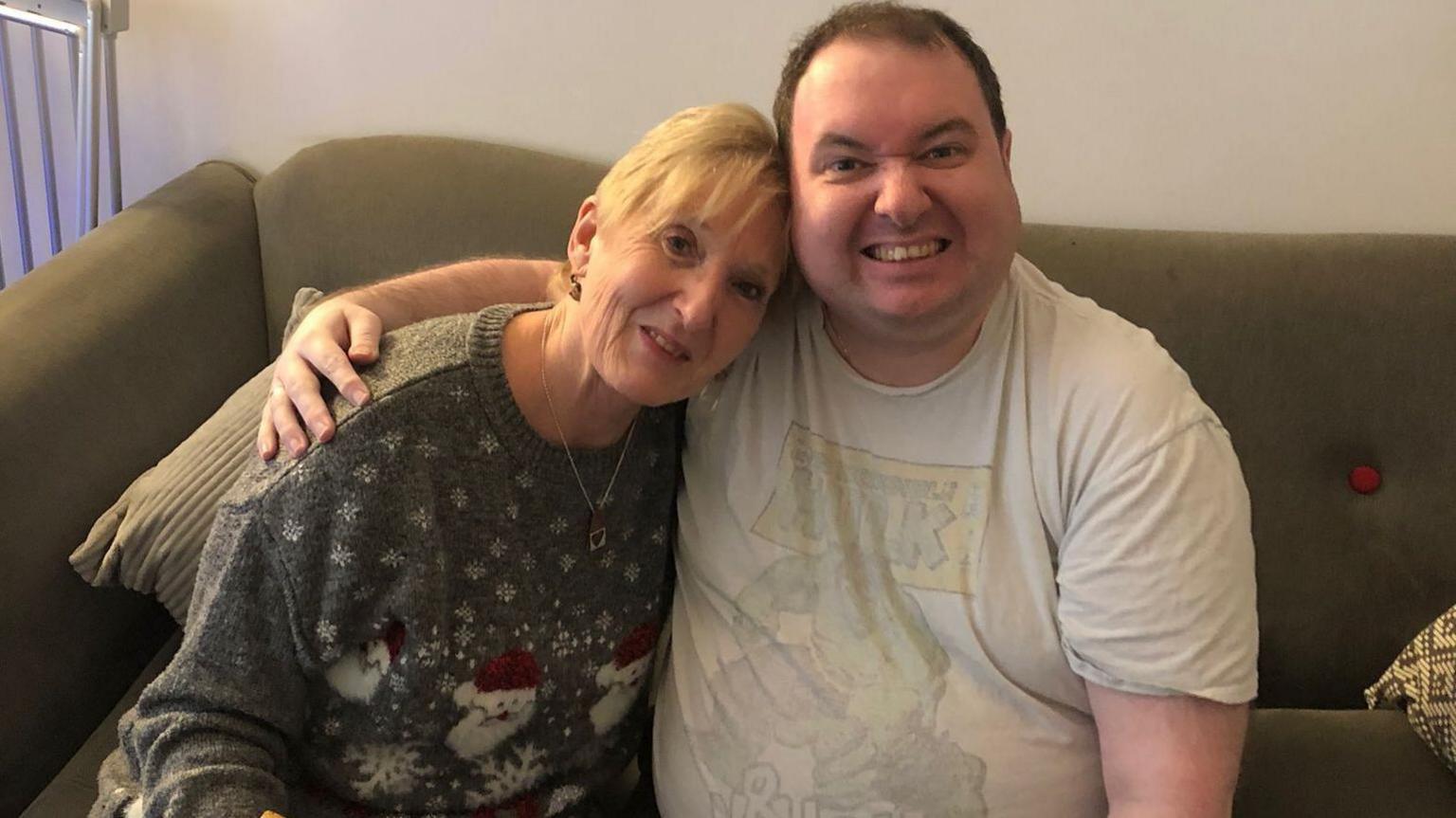
Susan Kirkman said she worries constantly about her son TL
Also in Sheffield, Susan Kirkman, 72, helps to care for her 38-year-old son, Tom.
He has severe autism, a learning disability, epilepsy and complex communication needs.
Tom, who goes by the name TL, lives on his own in the Gleadless Townend area of the city, but he “can’t do anything very much without people there", Susan says.
She adds that TL's bills are "really quite high".
"His gas and electricity are higher than ours because he has support there all the time who have to wash their bed linen every day, have to use the tumble dryer. So, it’s really quite difficult for him," she says.
Susan expains that she worries constantly about TL, who “won’t ever be able to be independent or have a job”.
“It’s a constant worry about how he’s going to manage financially and how the government are going to penalise him. I’m afraid that’s how I see it,” she adds.
At the moment, “the whole disability system is cruel”, Susan says, and she calls on all political parties to recognise that people with disabilities “are not scroungers".
"They have a right to as good a life as everybody else, and they need more support for that."
Meanwhile, she says: “Support agencies need to pay their workers far more money in order to recruit stable staff who are able to help people have a good life. They cannot do this without more funding.”
'Erosion of support'
The charity Disability Rights UK has accused political leaders of living in a “parallel universe” ahead of the 2024 general election.
It says that about a fifth of the working-age population, and nearly 45% of older people, have a disability.
Disability Rights UK chief executive Kamran Mallick says: "But the only mention of us is about the growing numbers of sick and disabled people being out of work.
“Whoever wins power needs to commit to ending the culture which paints disabled people as scroungers lazing around on ample benefits.
“After decades of erosion of support across governments, almost every aspect of life as a disabled person is now subject to grotesque levels of inequality and hardship.”
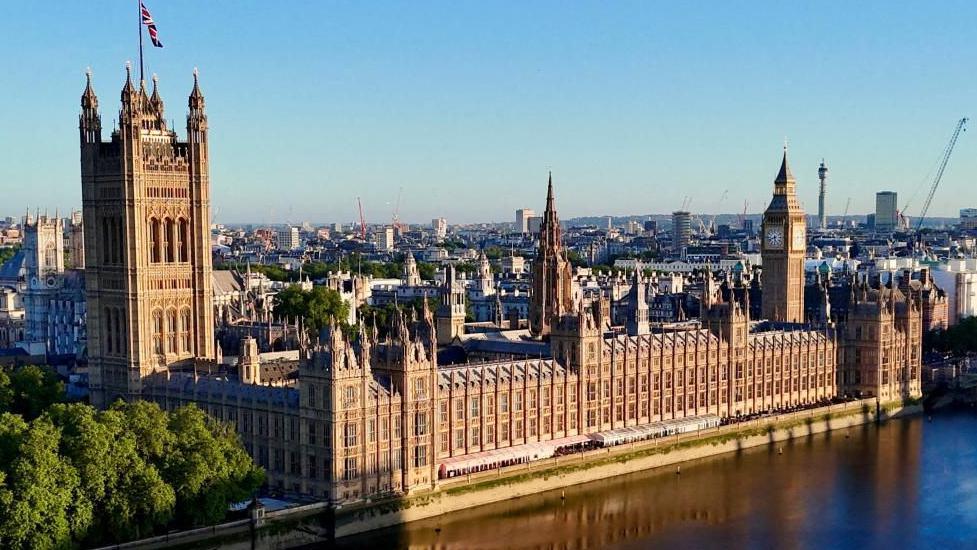
Several of the main parties have said they will change the benefits system if they win the election
What do the political parties say?
Conservatives
The party says it would cut spending on benefits by £12bn a year. The Conservative manifesto says this would be achieved partly by reforming disability benefits, including changing PIP assessments to "stop the number of claims from rising unsustainably". It also pledges to "tighten up how the benefits system assesses capability for work". In April, Rishi Sunak's government outlined plans to replace regular PIP cash payouts with one-off grants.
Labour
The party's manifesto says, if elected, it will "tackle the backlog of Access to Work claims" and ensure people can try out a job without fear of an immediate benefit reassessment if it does not work out. It also pledges to reform or replace the Work Capability Assessment. While the manifesto makes no mention of PIP specifically, Labour has indicated it would look at changes to the benefit.
Liberal Democrats
The party says it will reform PIP assessments to make the process "more transparent", stop "unnecessary reassessments", and end informal assessments. The Lib Dems' manifesto says the party would "make the benefits system work better for disabled people" by giving them a "stronger voice" in the design of benefit policies and bringing Work Capability Assessments in-house.
Green Party
The party's manifesto pledges to raise disability benefits by 5% and stop "unfair" tests required for PIP. It also promises to stop carers and disabled people on benefits "being treated unfairly".
Reform UK
The party says it wants an "efficient" welfare system that helps the "genuinely disabled" to find work. Its manifesto says the "broken" system needs "critical reforms", including face-to-face PIP and work capability assessments and independent medical assessments to prove eligibility for payments. People registered with severe disabilities and long-term illness would be "exempt from regular checks", it adds.
Follow BBC Yorkshire on Facebook, external, X (formerly known as Twitter), external and Instagram, external. Send your story ideas to yorkslincs.news@bbc.co.uk, external
Related topics
- Published29 April 2024
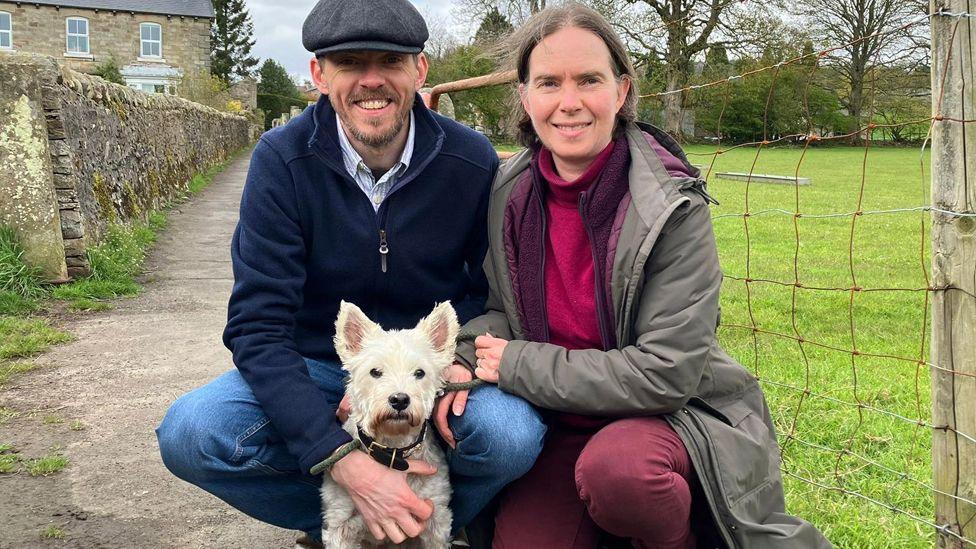
- Published30 April 2024
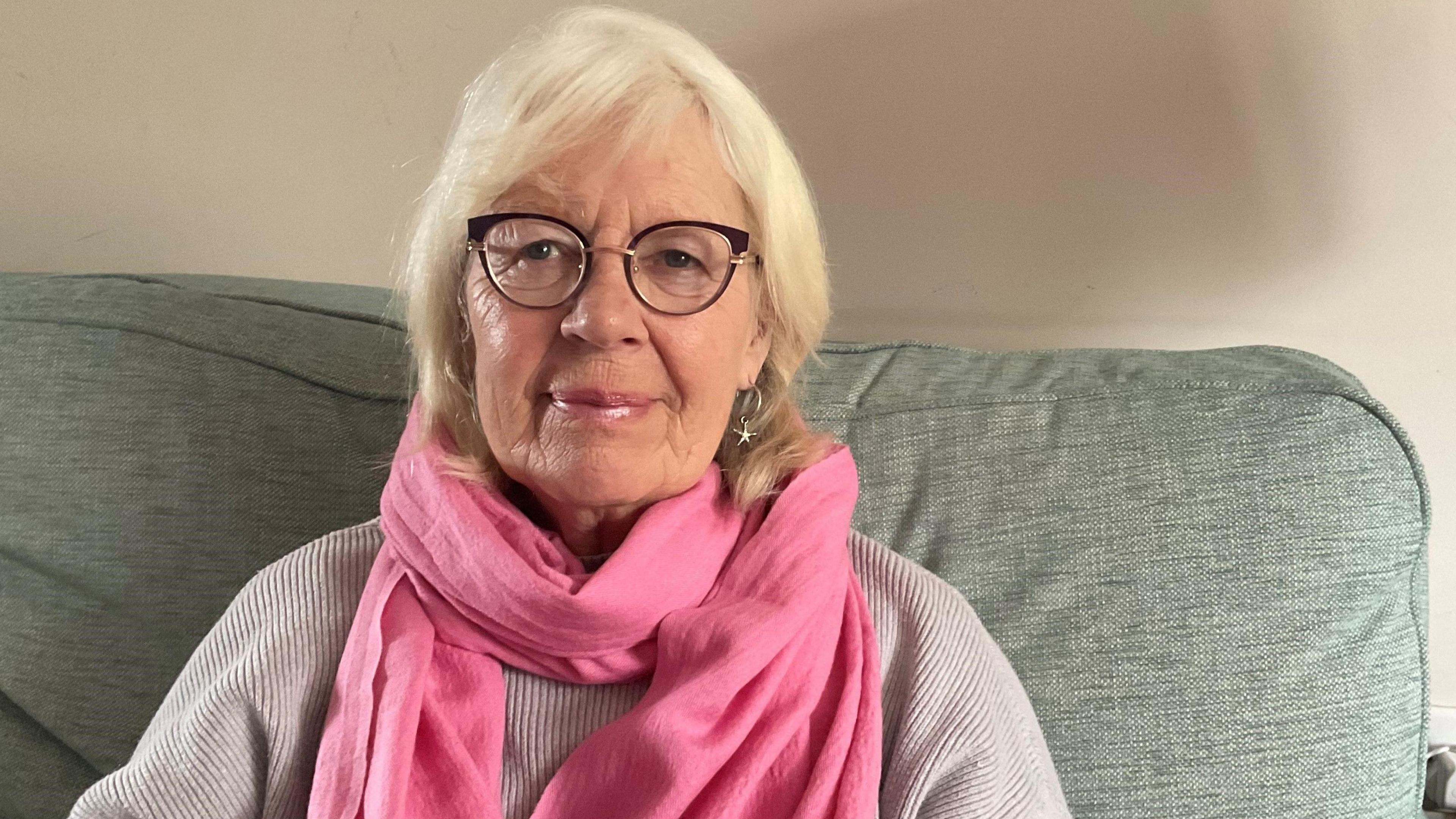
- Published19 April 2024
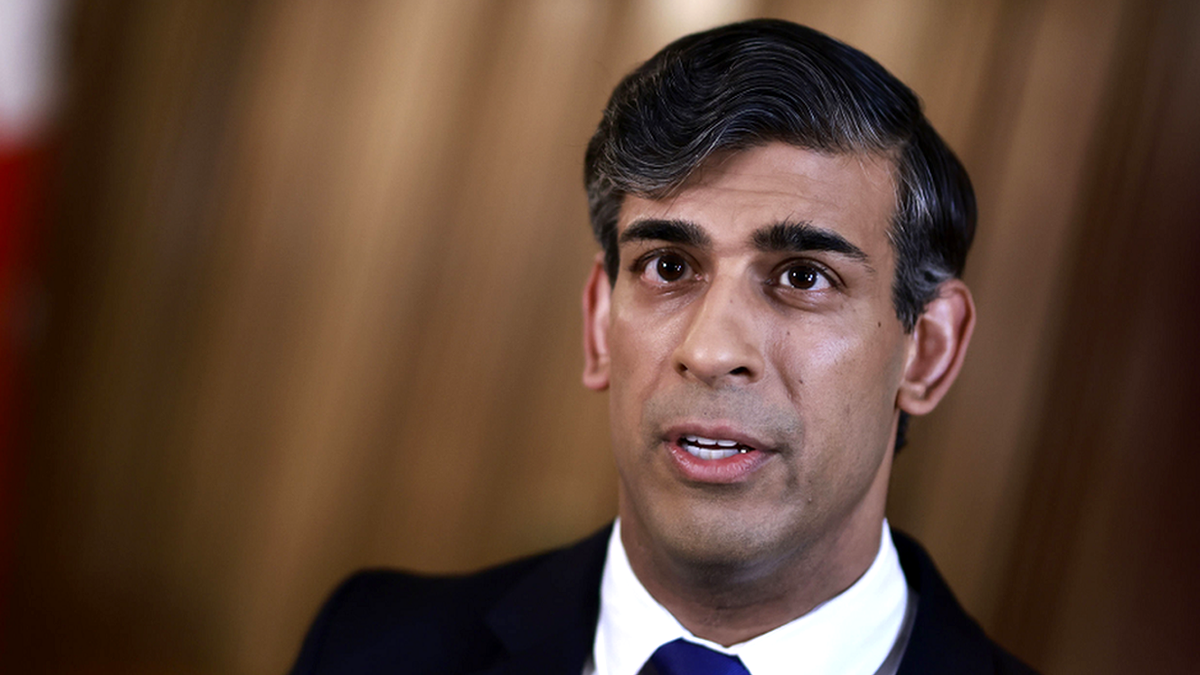
- Published18 September 2023
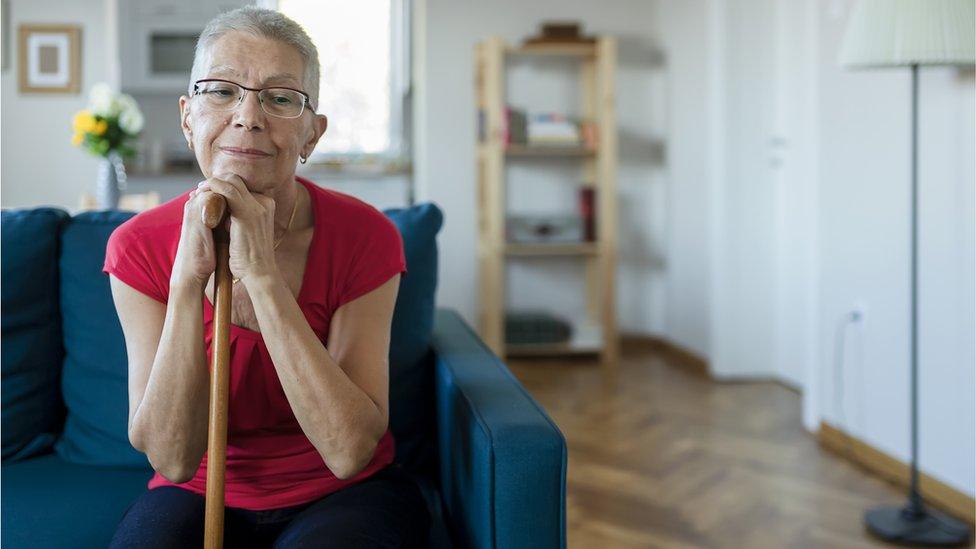
- Published20 February 2023
